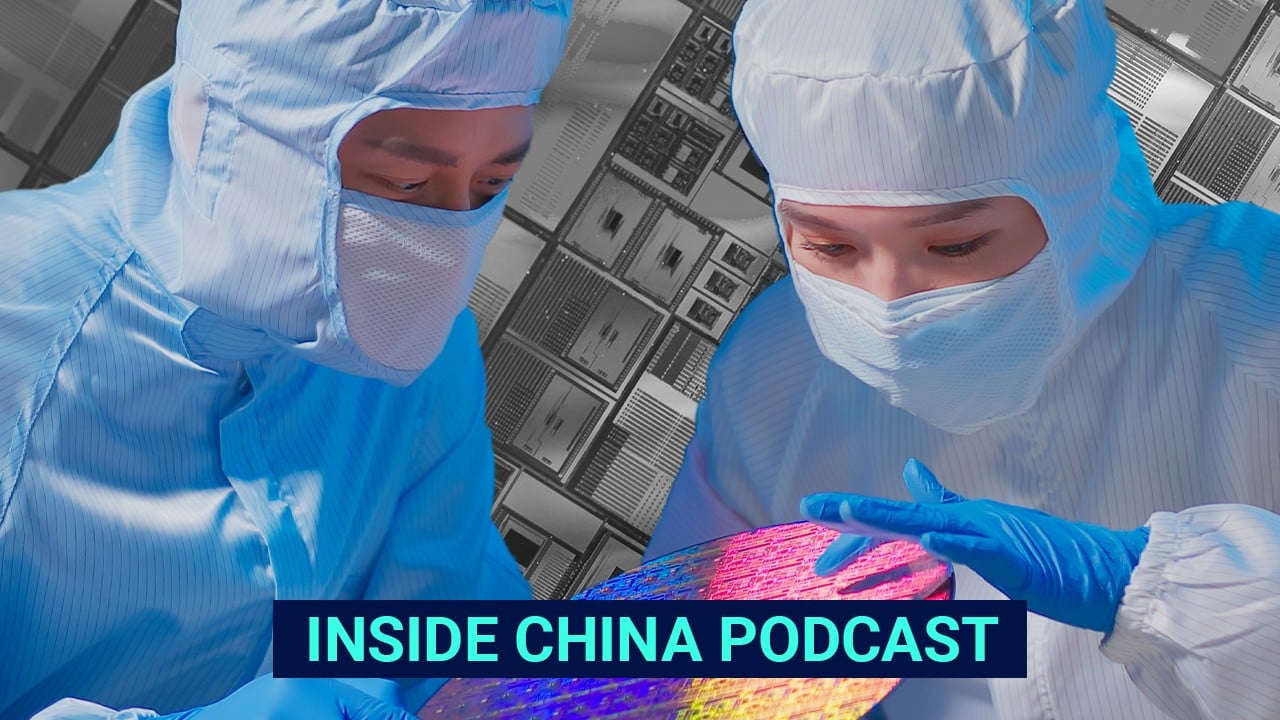China to persist with AI development efforts in 2024, despite setbacks from rigid US semiconductor restrictions, UBS analysts say
Apart from that breakthrough, UBS analysts asserted that China’s semiconductor sector has developed well in certain unsanctioned segments, showing strong market growth over the past few years.
“Restrictions from the US are very limited on mature nodes,” said Randy Abrams, head of Taiwan Research at UBS, in the same webinar on Tuesday. He pointed out that sales of these mature-node chips have not been restricted.
“We have seen China make more effort to invest in those areas,” Abrams said. “We will see steady market pickup in mature applications, such as camera image sensors, micro-controllers, analogue chips and discrete semiconductor devices for EVs.”
China’s semiconductor industry weathers tough year amid tighter US sanctions
“In semiconductor equipment, local suppliers have built up their market share from very low single-digits into the mid- to high-single-digits,” he said. “Their gains come from supplying China semiconductor manufacturers, as they’ve added mature node capacity.”
Abrams said domestic chip-making equipment suppliers saw their market share increase to about 20 per cent on the back of demand from Chinese chip fabrication facilities. “So if we leave out the very advanced nodes, there are actually a lot of (investment) opportunities,” he said.
Global demand for chips, he said, is expected to start picking up, as soon as inventory pressures ease and procurement at semiconductor foundries improves.
A slew of sanctions imposed by the US since 2019 has also forced companies across China’s vast tech supply chain to work closely together.
